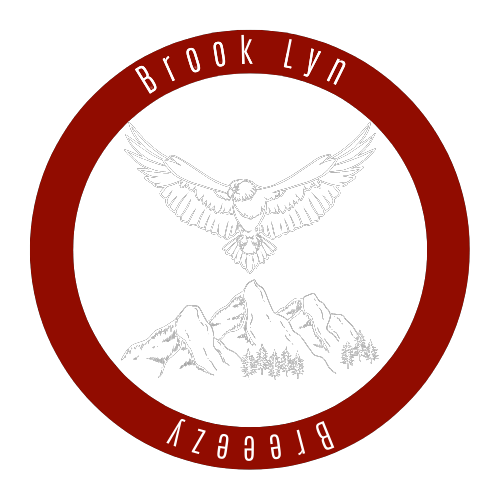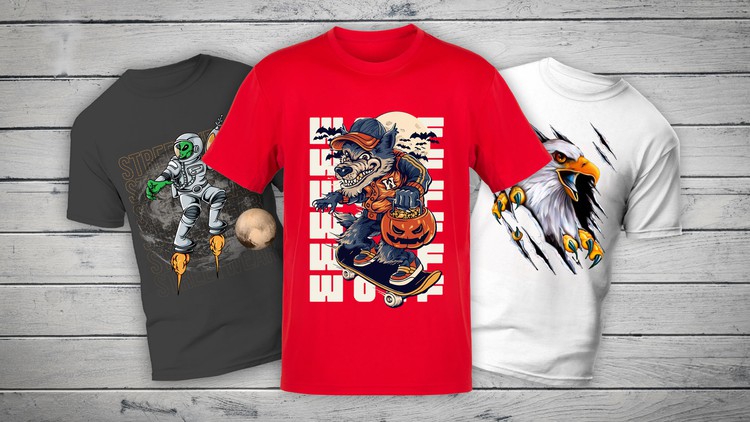“What? – I am rejected!”
That was Harry’s instant reaction, when he got the rejection verdict in one of the interviews that he had faced. He couldn’t believe his ears when the news broke out to him. His first reaction was to sink in his sofa – engendered with dejection! The memories of the day when he faced this interview resurfaced, and he started recounting the events of that day. His mind was grappled with astonishment, when he realized that it was just one question that he couldn’t answer. “Gosh! But my interview went fine, except for a question that I could not answer.”
“Damn the Interviewer! What does she think of herself?”
“Does she know the answers to all the questions?”
“Does she wish to hire a human or God?”
“How can she reject someone for just one wrong answer?”
Who knows how much time he spent, sunk deeply in the sofa and thoughts, simultaneously, cursing the interviewer. Finally, he accepted the reality, and went to the bathroom. Once the cold splash of water had rinsed his face thoroughly, he looked up in the mirror. He asked himself, “Was it really just one wrong answer… or something else?”
Now was the time for introspection. Upon carefully parsing the entire interview process that ensued the other day, he realized that it, probably, was not the gceanswers that got him rejected, but something else. To confirm his suspicion, he met with me the next day expecting that I, being an interview expert, would be able to give him a fresh perspective.
Next day, our meeting started with his narration of the entire interview process. Bingo, there it was! After 15 minutes of verbatim narration, problem was spotted. Problem, certainly, was related to that one question that he could not answer. But it was not related to his inability to comprehend or answer that question; it was the way he handled the situation – or mishandled it. It finally dawned on us that he actually banged the table the moment he realized that he did not have the answer to that question. A stare into oblivion followed the banging, causing an awkward silence, before finally admitting to the fact that he did not have an answer. He banged the table; however, others may resort to reactions like, banging forehead, fidgeting fingers, lint picking, biting lips, blabbering gibberish, awkwardly stammering or any other signs to show resentment or nervousness.
The important question that followed the process of narration and recollection was, “Can there be a better way of handling the situation, when a candidate does not have an answer to a question asked during interview?
Now, there may not be an infallible strategy to encounter such a situation, but I can suggest a few ways which can act as a graceful mechanism to manage such disaster. However, it would be wiser if we start by identifying the situations that may arise and devise the strategies apropos to the respective situations. Following are the instances in which a candidate may be dumb-founded:
-
- When the interviewee didn’t understand the meaning of a question or a word – Strong communication skills, and an ability to comprehend the conversation are among the greatest demands of current business environment. Emphatically, a candidate must possess strong communication skills that include a strong vocabulary too so that one doesn’t stagger at any question asked by interviewer. However, no person in this world may attain an exhaustive vocabulary. A situation may still arise as it happened with one of the candidates, when interviewer asked, “What are your pet peeves?” Unfortunately, the candidate, though well spoken, didn’t know the meaning of the word ‘peeves’. But did the candidate panic? No! Or did she say, “sorry, but I don’t know the meaning of that word, or ‘I didn’t understand the question’, or ‘I don’t know the answer’.” Candidate could have said any of the above, but she did not. Instead, she politely requested, “Could you please rephrase the question?” Implication is the same, but it was an extremely positive way of saying the same thing. An interviewer deals with several candidates daily, and is aware that candidates are not expected to know every word. Interviewer is trying to find out if you have the ability to choose positive or smart words to say the same thing. Having said that, it’s imperative to build strong language skills, because you can’t ask an interviewer to rephrase every question. However, for an instance or two, use the strategy discussed above. First advice: “Request the recruiter, choosing a positive set of words, to rephrase the question.”
-
- When a question asked was out of a topic that was never covered in your curriculum or was not a part of your job profile – Ideally, a recruiter would never ask you about something unless he doesn’t expect you to have learned or experienced it as a part of your education or work profile. But, what can you possibly do in a situation, when you never did or studied what recruiter asked about? You could’ve simply told the recruiter that you never did what he was asking for, and interviewer should stick to what’s mentioned in the resume. But wait! Let’s rephrase the same thing to your maximum advantage. You could simply present the same thing in much stronger way by saying, “During my education and experience, I have garnered strong technical know-how and expertise. I can understand that the skill that you mentioned must be of great importance to this role, and I would love to learn that new skill through training and guidance. I am sure that my existing knowledge combined with this new skill will enable me to deliver a performance beyond expectations. However, I would like to know from you the importance of this skill in this role” Through this answer, you stressed on your current capabilities, because of which you were invited for this interview; you also showed your openness towards developing new skills; you gave recruiter a thought that this skill could simply be learned through training and guidance; finally, you made recruiter re-think whether this skill was actually required in this role or not. Most importantly, you told the recruiter that you didn’t know it without actually saying it. But you can’t keep answering ‘I will learn’ to every question asked. It is strictly for something out of the blue. Second advice: “Never say you don’t know it. Say you can learn it.”
-
- When, in a behavioral question, you actually had never faced the situation given by recruiter – One thing must always be kept in mind that recruiter is highly aware of what he or she is asking for. Your answer to a situational or behavioral question demonstrates your ability to cope with the pressure of working in teams, and dealing with a large pool of people with various mind sets, especially in case of large cross-functional teams. So how would you tell your interviewer that you had never faced a disagreement with another team member, or supervisor, or the management? Actually, you don’t! Never say that you don’t have an idea because you never came across such a situation for any of the situational or behavioral questions. However, you can start by saying, “Apologies for not being able to share a real experience since it hasn’t happened yet, but if such a situation comes, I believe that I am going to… ” The idea is to think about the situation, and tell recruiter how rational your thought and strategy would be, to deal with any given crisis. Your inexperience with a situation so far doesn’t guarantee that you will never have to face it. It may surface anytime, while working in a team. Recruiter wants to know if you would be able to handle. Third advice: “Never duck from a situational question, even if you haven’t faced it yet; imagine, think and answer.”
- When you are asked to measure the weight of an airplane without using any scale – or to tell the number of light bulbs, recruiter’s office building has? Questions can be many with varied answers. However, way to reckon your answer is just one – presence of mind! Global corporations, in a race to emerge as the best and most favored brand in their industry, are banking on the innovative products, services, and operational ideas. The company that comes up with a unique product or idea reaps the advantages of being an early bird. This has significantly altered the recruitment strategies; hence the recruiters’ question banks too have changed, accordingly. Most candidates feel flabbergasted, when challenged by one of such weird questions. Remember that a recruiter is not a fool to have asked such a question. Through your reaction or answer, the inability or capability to think out of the box, perform in a high pressure environment, and ability to come up with an answer with trouble shooting attitude, are adjudged. Whatever your answer may be, recruiter is more focused on the way you derive the answer; the logical route that you treaded to reach that answer. Don’t hesitate to request a minute to think, ask questions from recruiter to collect necessary data, and formulate your answer using a pen and a piece paper. Fourth advice: “Do whatever you can to find a logical answer, but don’t panic!”



